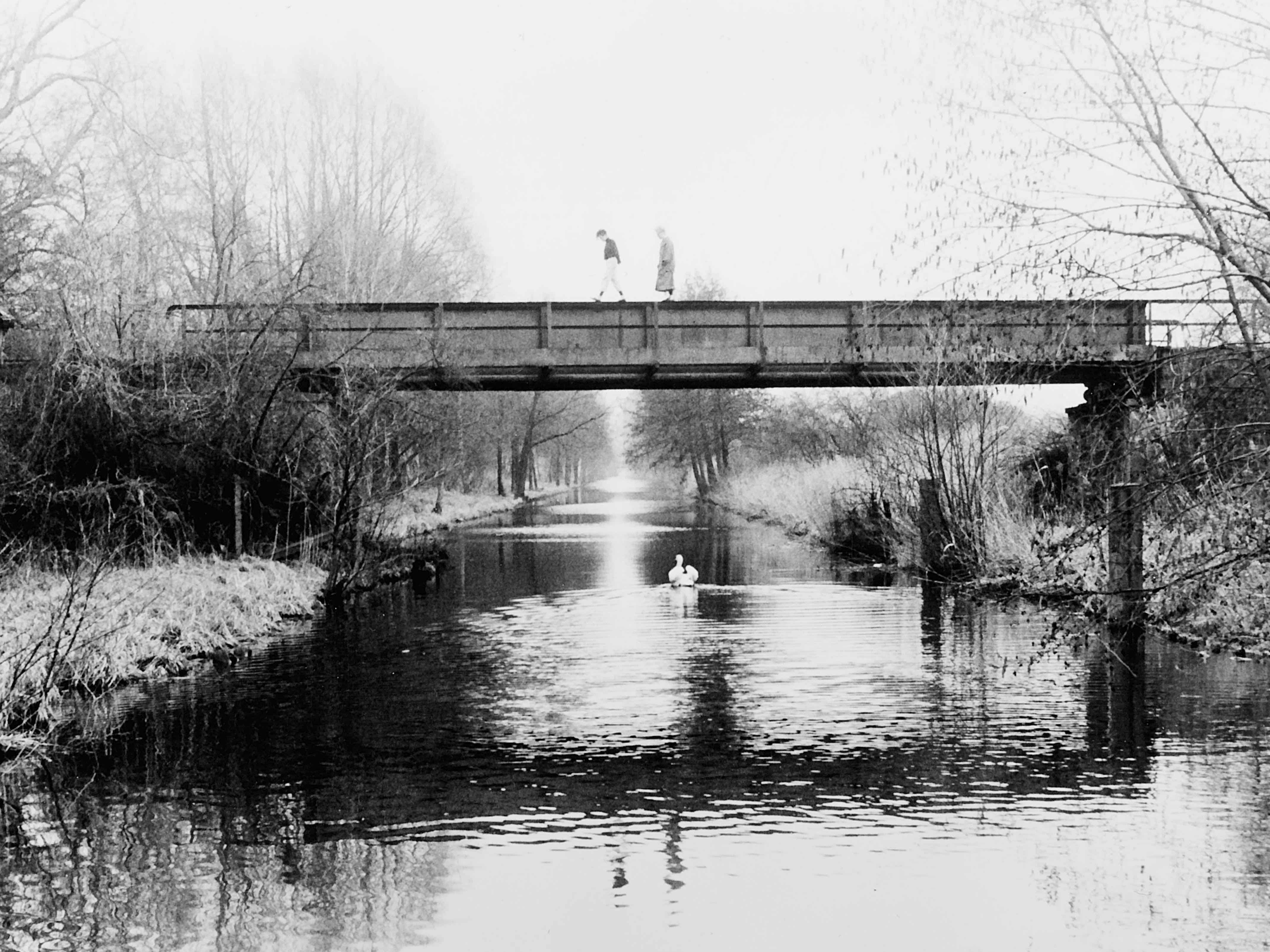
After Winter Comes Spring – Presaging the Wende
Over and above the almost sensational signal it sent at the time, Winter Adé continues to be an artistically important and aesthetically coherent film, in which the interaction between directing, cinematography and editing yields a composition that one could almost call choreographic. But above all it is the accuracy and tenderness of its observations that make the film stand out in late DEFA film history. As a result of Misselwitz’s personal style, her gentle interviews and her empathy for the women she meets, her film achieves those qualities that still impress us today.